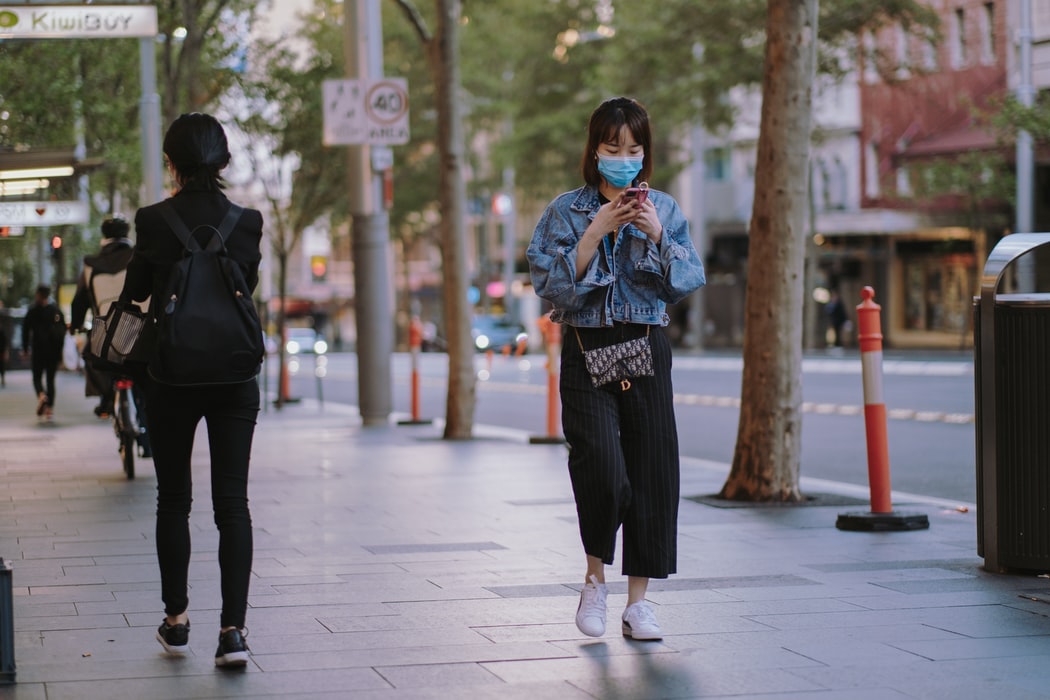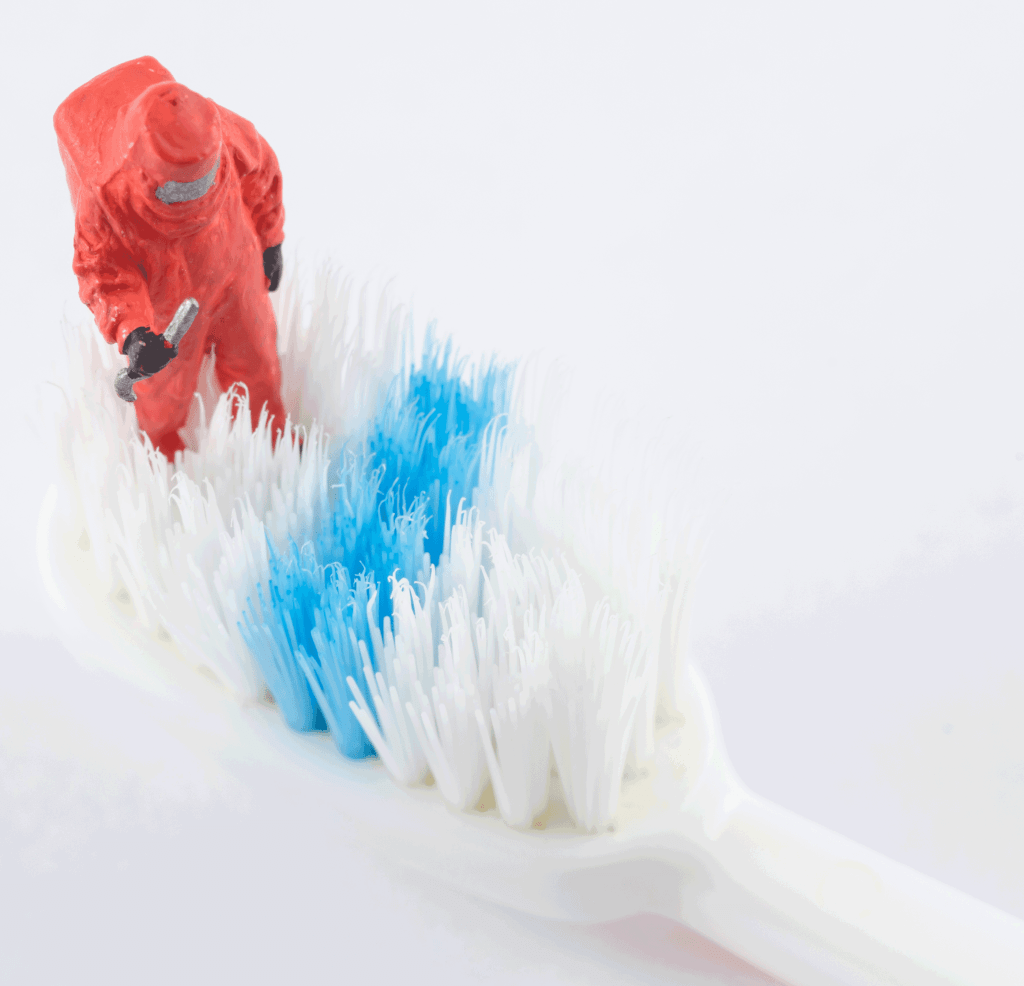For the first time in history, the world has been shook by a global outbreak of disease on an unprecedented level. There have been dangerous and deadly outbreaks before, but none of them have gripped the world’s attention the way Covid-19 has. And with all that attention comes a flood of knowledge on the viral pandemic.
But not all information is created equal. What are the things that you can trust when it comes to the pandemic? When met with a deluge of information, it’s best to look at scientific studies and their findings to know what you can trust about the pandemic. Knowledge is power, and it could save your life or that of your loved ones.
When it comes to air quality, how exactly does the air you breathe affect the virus? Covid-19 has been classified as an airborne disease, so it’s vital to take a look at how the air in your home affects the virus and your chances of catching it. Air pollution and viral diseases have long shared a connection, because many viruses are airborne in transmission.
Let’s take a look at the science.
Particulate Matter Kills
The first and most obvious thing to look at are the PM2.5 levels in the air. Air quality sensors today are usually capable of detecting the levels of PM2.5 or particulate matter floating in the air. The bad news is that if there is a high enough concentration, it greatly affects your susceptibility to viruses like the flu and the coronavirus.
This study showed that people got sick more often due to high levels of PM2.5. The key is in the tendency of PM2.5 to stay aloft in the air for hours at a time. PM2.5 is small enough and fine enough that it can stay afloat for extended periods of time. These airborne particles become anchors for the virus to attach to and stay in the air for long periods of time, to be inhaled by people.
The more PM2.5 in the air, the more likely the virus is going to be capable of staying aloft for long periods of time. The PM2.5 might also be affecting your immune system, which makes you more likely to get sick. It is best to keep PM2.5 levels below 15µg/m3. Any higher than that will increase the risk of the virus staying in the air longer.
Nitrogen Dioxide Increases Vulnerability
The other big link between viruses and air quality is nitrogen dioxide (NO2). NO2 is a gas normally found in the atmosphere in low concentrations, but high levels of NO2 can cause huge problems for your immune system.
A study from the Environmental Research Journal found that short-term exposure to high levels of NO2 can irritate airways while long-term exposure can lead to chronic illness and respiratory infections with viruses. Higher levels of NO2 in the air had a significant effect on the immune system, making it more likely to be infected by a virus. Just an increase to 1.5ppm of NO2 in the air made the difference.
Humidity Extremes are Dangerous
When in the air and not in a host, viruses are fragile things. At the ideal humidity, viruses become less active and the level of humidity can affect the cell walls of the virus, causing it to die faster.
The problem then is when the humidity is at levels which make the virus more infectious. This study found that viruses are more dangerous at 20% and 80% humidity levels respectively. The closer humidity levels were to these levels, the more conducive the air is for the virus and people getting infected.
When humidity levels are around 50%, viruses are more inert and are less dangerous. So it’s ideal to keep humidity levels from 40% to 60%. This is also the most comfortable range for humans so it’s a win-win.
There are many factors to staying safe during a viral pandemic, and proper social distancing and using safety equipment like masks is still the best way to avoid infection. But there is a definite link between air pollution and the current pandemic.
You can still reduce the risk to infection if you maintain the air quality in your home and living environment through careful monitoring. If you want to create the safest possible environment for yourself and your family, it is vital to be aware of the quality of the air in your home, and control it appropriately.







